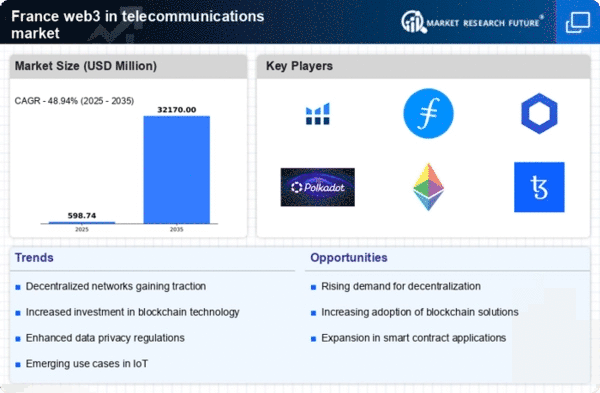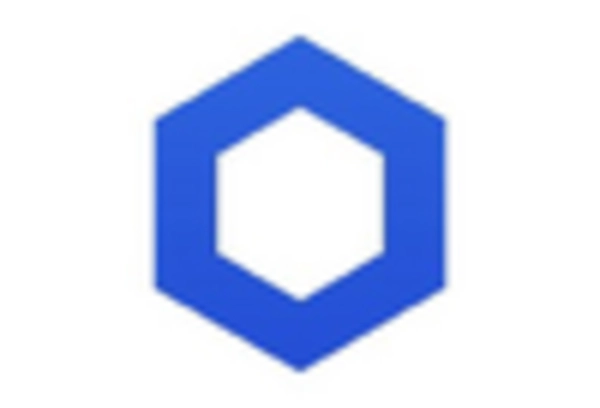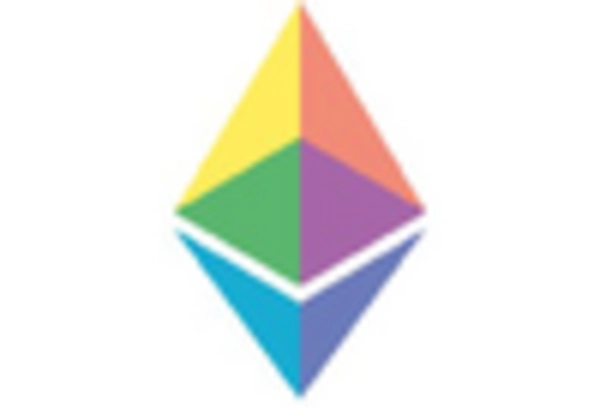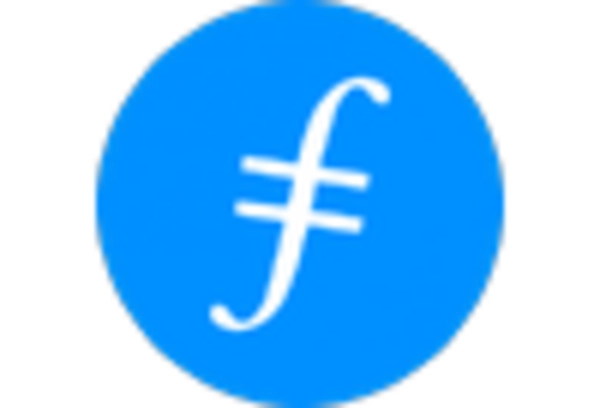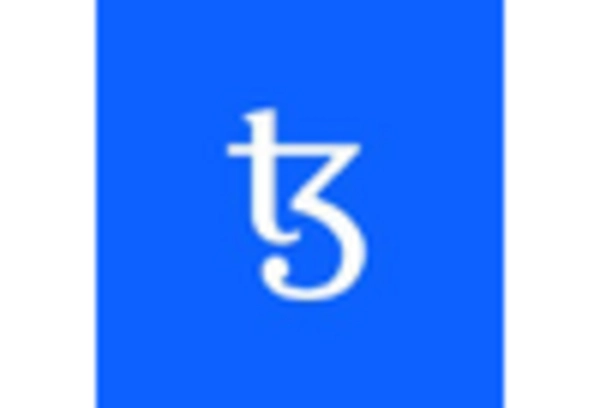Innovation in Payment Solutions
The web3 in-telecommunications market is witnessing innovation in payment solutions, driven by the rise of cryptocurrencies and decentralized finance (DeFi). In France, there is a growing acceptance of digital currencies, with an estimated 10% of the population having engaged in cryptocurrency transactions. This trend is prompting telecommunications companies to explore blockchain-based payment systems that offer lower transaction fees and faster processing times. By integrating these innovative payment solutions, providers can enhance customer experiences and streamline billing processes. Furthermore, the potential for smart contracts to automate payment transactions may lead to increased operational efficiency, thereby positioning telecommunications companies favorably in the competitive landscape.
Emergence of 5G and Edge Computing
The rollout of 5G technology in France is poised to significantly impact the web3 in-telecommunications market. With its promise of ultra-fast connectivity and low latency, 5G is expected to facilitate the deployment of decentralized applications and services. Telecommunications providers are likely to leverage edge computing capabilities to enhance service delivery, thereby creating a more efficient and responsive network environment. Market analysts project that the integration of 5G with web3 technologies could lead to a 30% increase in the efficiency of data transmission. This convergence may also enable new business models, such as decentralized content delivery networks, which could reshape the telecommunications landscape in France.
Increased Demand for Decentralized Services
The web3 in-telecommunications market in France is experiencing a notable surge in demand for decentralized services. This shift is largely driven by consumers' growing awareness of data privacy and security concerns. As individuals become more conscious of their digital footprints, they are gravitating towards solutions that offer enhanced control over personal information. Reports indicate that approximately 65% of French consumers express a preference for services that utilize decentralized technologies. This trend is likely to propel the adoption of web3 solutions, as telecommunications providers seek to align their offerings with consumer expectations. Furthermore, the integration of decentralized applications (dApps) into telecommunications services may enhance user engagement and satisfaction, thereby fostering a more competitive market landscape.
Consumer Preference for Transparency and Trust
In the context of the web3 in-telecommunications market, there is a discernible shift in consumer preferences towards transparency and trust. French consumers are increasingly demanding clarity regarding how their data is used and shared. This trend is likely to drive telecommunications companies to adopt blockchain-based solutions that provide verifiable and immutable records of transactions. Research indicates that approximately 70% of consumers in France are more likely to engage with companies that prioritize transparency in their operations. As a result, telecommunications providers may invest in web3 technologies to enhance trust and build stronger relationships with their customer base, potentially leading to increased market share.
Regulatory Support for Blockchain Technologies
In France, the regulatory environment is increasingly supportive of blockchain technologies, which is a crucial driver for the web3 in-telecommunications market. The French government has implemented various initiatives aimed at fostering innovation in the blockchain sector. For instance, the PACTE law, enacted in 2019, aims to simplify the legal framework for blockchain startups. This regulatory clarity is expected to encourage telecommunications companies to explore blockchain applications, potentially leading to a market growth rate of around 20% annually. Additionally, the European Union's focus on digital sovereignty and data protection may further bolster the adoption of web3 technologies in telecommunications, as companies seek to comply with stringent regulations while enhancing service offerings.


